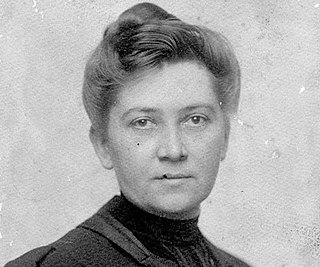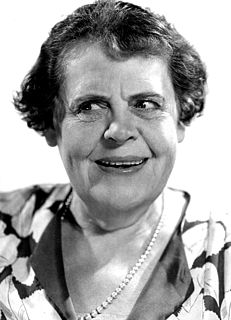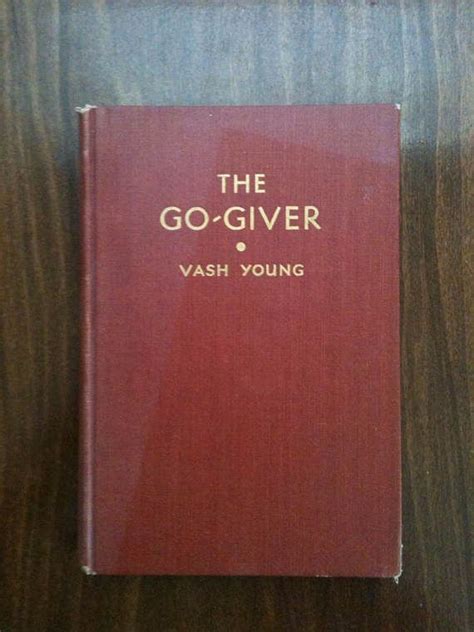A Quote by Adam Clarke
It is to be regretted that few persons who have arrived at any degree of eminence or fame, have written Memorials of themselves, at least such as have embraced their private as well as their public life.
Related Quotes
Invitations to speak upon public occasions are among my most grievous embarrassments. Why is it inferred that one is or can be a public speaker because she has written a book? Writing is a very private business. I do not know any other occupation which requires so much privacy unless it is a life of prayer or a life of crime.
There are very few persons who would think of inquiring into the private life of the newspaper dealer at the corner, or the druggist, or the doctor, or even a Mah Jong partner, but the moment one belongs to the theatrical profession, the public usually feels cheated unless it knows one's inmost thoughts of love.
The only time the private parts of someone's life are relevant is when they're affecting public performance. And just because someone is a public person doesn't mean that any part of his or her private life is open to scrutiny. If someone is doing his or her job, you have to have enough empathy to understand that we all have personal problems.
Public virtue cannot exist in a nation without private, and public virtue is the only foundation of republics. There must be a positive passion for the public good, the public interest, honour, power and glory, established in the minds of the people, or there can be no republican government, nor any real liberty: and this public passion must be superiour to all private passions.
[Persons] who are recognized as citizens in any one state of the Union [have] the right to enter every other state, whenever they pleased... full liberty of speech in public and in private upon all subjects upon which its own citizens might meet; to hold public meetings upon political affairs, and to keep and carry arms wherever they went.






































